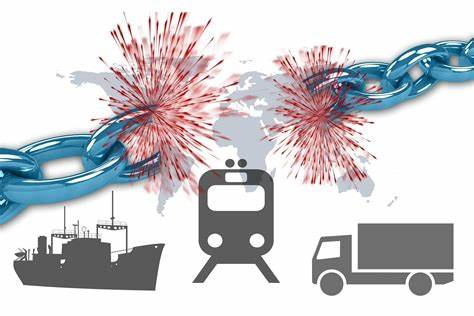Euro-area core inflation accelerated in June, reaching 5.4% year-on-year, as reported by Eurostat. This surpasses the anticipated 5.5% and marks the highest level since August 1992. Conversely, headline inflation decreased from 7.0% in May to 6.1% in June, primarily due to a 1.8% drop in energy prices compared to the previous year.

The rise in core inflation poses a challenge for the European Central Bank (ECB), which aims to manage inflation. Despite two interest rate hikes this year, the ECB is expected to raise rates again in July. However, the increase in core inflation suggests that inflation remains problematic in the euro- area, potentially necessitating more aggressive rate hikes by the ECB.
Several factors contribute to driving core inflation in the euro area:
- Energy prices have surged due to the war in Ukraine.
- Disruptions in the supply chain have led to higher prices for goods and services.
- Rising wages exert upward pressure on prices.
The ECB faces the delicate task of controlling inflation. Swift interest rate increases risk triggering a recession, while insufficient rate adjustments may result in continued inflation, negatively impacting consumers and businesses.
To navigate these risks, the ECB must carefully balance its monetary policy decisions.
World Bank and IDB Loans to Help Argentina Address Economic Challenges
